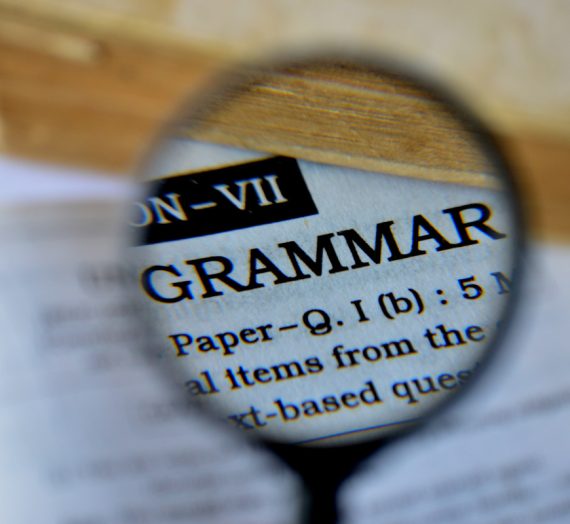Findings in this eye-tracking study suggest that editors develop highly automated reading strategies and process errors more quickly than non-editors.
Reading, of course, is an important part of editing. But is editing an important part of reading? In other words, does developing editing skills inherently make you a better reader? This eye-tracking study takes a deeper look into how editors read differently from non-editors and how their training in editing makes them valuable resources. Editors offer unique value because of their highly developed reading processing strategies, and employers would do well to understand that.
THE RESEARCH
In their 2017 article, “How editors read: An eye-tracking study of the effects of professional editorial experience and task instruction on reading behaviour,” Melanie Ann Law and Haidee Kruger conducted an eye-tracking study to analyze the relationship between editorial experience and reading behavior. Half of the participants were professional editors with 10 or more years of editing experience. The other half had work experience relating to the production of textual material but were not editors.
Participants in this study were given two different but comparable texts to read, each containing six errors. They were also given two purposes: to read for comprehension or to read in preparation for editing. They were asked to read the first text for one purpose, and the second text for the other purpose. An eye-tracking system recorded their eye-movement data, analyzing the effort and processing required during reading based on principles like fixation duration (how long the eye rests on content) and saccade length (how long it takes the eye to jump from one fixation point to another).
The researchers found that regardless of which purpose was completed first (reading for comprehension or reading in preparation for editing), participants from both groups had shorter fixation durations for the first reading and longer ones for the second. However, editors had shorter fixation durations than non-editors, regardless of the reading purpose. This difference between editors and non-editors was seen most when they read in preparation for editing, but when the researchers examined only the editors’ fixation durations, they found something interesting about editors’ reading patterns: “Editors’ fixation durations when reading in preparation for editing increased only slightly when compared to their fixations when reading for comprehension, suggesting that the two tasks are not very different for them” (Law and Kruger 2017).
“Editors’ fixation durations when reading in preparation for editing increased only slightly when compared to their fixations when reading for comprehension, suggesting that the two tasks are not very different for them.”
Law and Kruger (2017)
THE IMPLICATIONS
Understanding that editors have more highly automated reading and processing strategies than other types of readers and writers emphasizes the value that editors bring to the authors and organizations they work for. This research suggests that editors’ training and experience allow them to process errors more quickly than non-editors process errors. Editors can benefit from understanding the value that they bring to an organization. In addition, those who hire for editorial work can unlock this value by extending job offers to skilled and qualified editors.
To learn more about how editors process written text differently than non-editors, read the full article:
Law, Melanie Ann, and Haidee Kotze. 2017. “How Editors Read: An Eye-tracking Study of the Effects of Professional Editorial Experience and Task Instruction on Reading Behaviour.” In Innovation and Expansion in Translation Process Research, 241–265. Edited by Isabel Lacruz and Riitta Jääskeläinen. Amsterdam: John Benjamins Publishing Company. https://doi.org/10.1075/ata.18.11law
—Talia Erickson, Editing Research
FEATURE IMAGE BY SINCERELY MEDIA
Find more research
Take a look at Rebecca Youngs’ Editing Research article for more insights about the value editors bring: “Why Copyeditors Are Still Needed.”
Read Megan Hutchings’ Editing Research article to learn more about how editors work with authors: “Identifying Common Grammatical Mistakes Made by Authors.”





Jamie LeSueur
As an editor, I appreciate the confidence boost! I didn’t realize it before, but now I know—I have a lot to offer the job industry because my studies have trained me in reading comprehension.